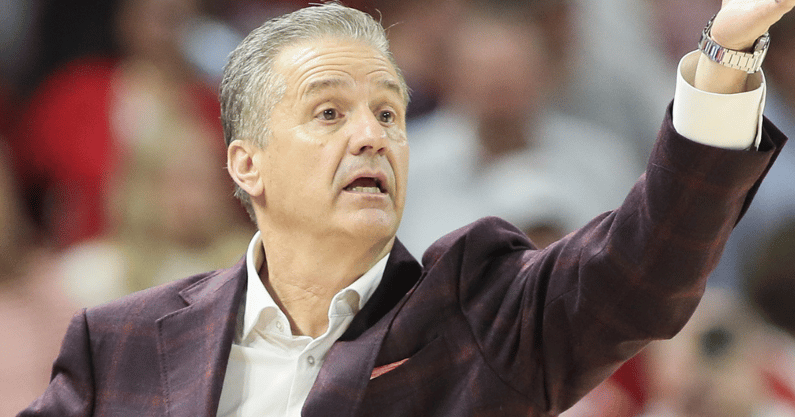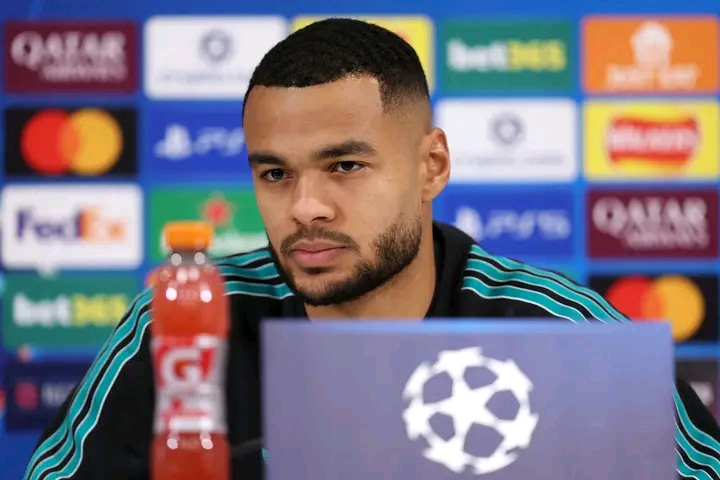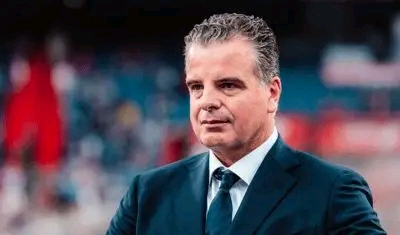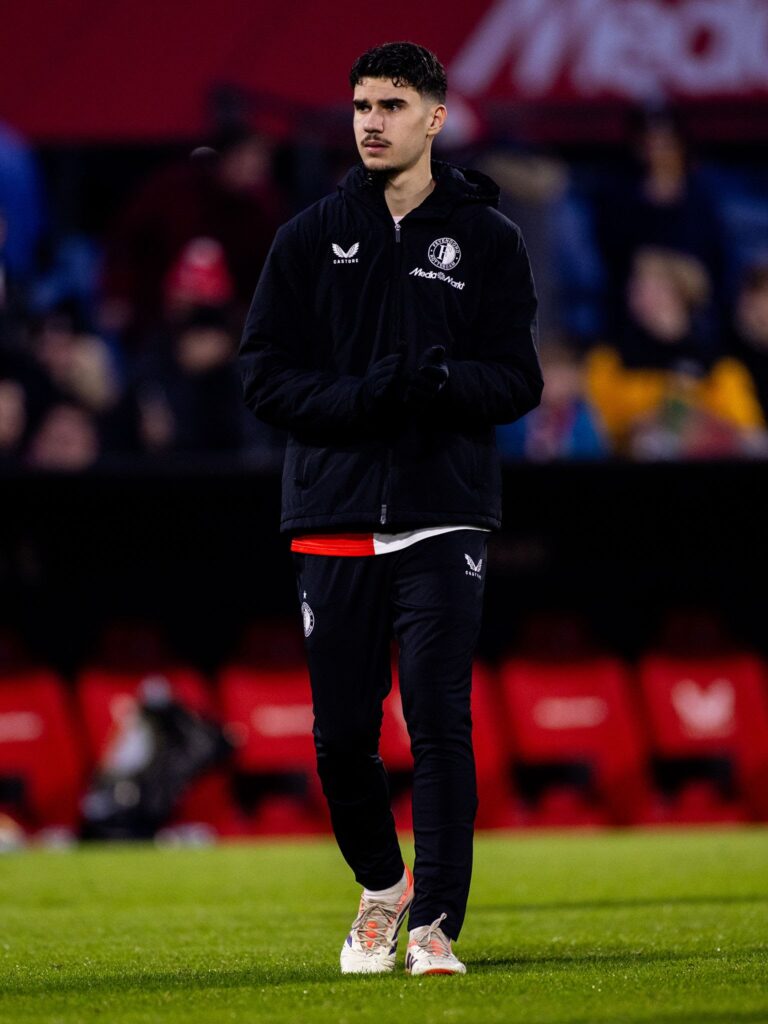
John Calipari, one of college basketball’s most influential and outspoken figures, has raised concerns over the growing issues surrounding transfer portal tampering and its effect on the evolving Name, Image, and Likeness (NIL) landscape. Speaking candidly during a recent press conference, the Arkansas Razorbacks head coach emphasized what he views as a disturbing trend that is undermining the integrity of the college game and shifting the recruiting environment in unpredictable ways.
Since taking over the program at Arkansas following his long tenure at Kentucky, Calipari has been vocal about adapting to the new era of college athletics. While supportive of players having rights and opportunities, he didn’t hold back when addressing what he called the “chaos” caused by the lack of enforcement and regulation around the transfer portal and NIL system.
“What’s happening now is not what this was meant to be,” Calipari said. “Players have every right to explore opportunities, but when you’ve got people reaching out to players on other rosters before they’ve even entered the portal, that’s tampering—and it’s happening every day.”
Calipari’s comments highlight a growing concern among coaches at both the high-major and mid-major levels. Many believe that some programs and their affiliated NIL collectives are quietly—or not so quietly—recruiting players from other schools before they formally announce their intentions to transfer. This under-the-table communication creates an uneven playing field and pressures schools to match financial offers rather than build sustainable programs.
The Hall of Fame coach pointed out that the problem isn’t just about money, but about structure and accountability.
“The NIL was supposed to allow student-athletes to benefit from their name and brand, and I support that 100 percent,” he said. “But now, it’s become free agency with no contracts, no salary cap, and no consequences. That’s not healthy for anyone—coaches, players, or the schools.”
According to Calipari, the damage goes beyond roster stability. He warned that younger players, especially freshmen who need time to develop, are increasingly overlooked or pushed out by programs hunting for instant-impact transfers who already come with proven stats and marketability. This win-now mindset, he said, harms long-term development and undermines the values of college basketball.
“There’s no patience anymore,” Calipari said. “A kid commits to your program, works hard, gets better—but before he even gets his shot, he’s being replaced by someone with more NIL value or a bigger name. That’s not what college sports should be about.”
Despite his criticism, Calipari was careful not to blame the players, whom he views as navigating a confusing and often unfair system. Instead, he called for more consistent oversight from the NCAA and conference leaders. He urged athletic departments, compliance officers






